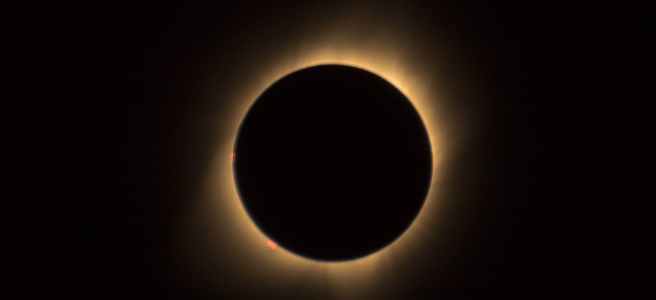A mother once wrote to C.S. Lewis on behalf of her concerned son, who was worried that he loved Aslan, the lion Christ figure from Lewis’s children’s series, more than Jesus himself. Lewis wrote back with this consolation:
Laurence can’t really love Aslan more than Jesus, even if he feels that’s what he is doing. For the things he loves Aslan for doing or saying are simply the things Jesus really did and said. So that when Laurence thinks he is loving Aslan, he is really loving Jesus: and perhaps loving Him more than he ever did before.
Lewis obviously meant this literally: Jesus is a real, living, breathing, present being, and the third person of the Trinity. But, even if we don’t take a literal view of the Christ myth, there is truth in Lewis’s words, if only at a cultural and psychological level. Imagine my bewilderment in realizing that I, a 35-year-old secular atheist, am the little boy Lewis was writing to.
Continue reading “I Never Stopped Being a Christian”









